Thailand's real estate has been very popular in recent years. With its advantages of low investment starting point, stable yield, freehold property rights, and refined decoration, it has attracted a large number of Chinese people to buy properties. Thailand currently does not have real estate tax, but in the process of real estate transactions, in addition to the housing payment, some taxes and fees are also required. In this issue, Xiaoxing summarized some relevant taxes and fees in the process of real estate transactions in Thailand for the reference of investors who need to buy real estate in Thailand.
Costs involved in the purchase phaseTransfer fee:The first-hand house transfer fee is 2% of the total house price and is collected by the government. Among them, developers bear 1%, and buyers bear 1%.Stamp duty:0.5%, this part is usually paid by the developer.Maintenance fund:A one-time payment to the developer for the repair and maintenance of future buildings (such as repainting the exterior walls every few years). The cost is about 400-1000 baht/㎡.Water and electricity meter installation fee:2000-4000 baht, some project developers will collect it, some will not.Property costs:Generally, a new house project will require the first year to pay the annual property fee in advance. For an apartment of 30 square meters, 50 baht/m2/month, the annual property fee is 18,000 baht.It can be more intuitive to look at the project taxes and fees when an owner pays the house:
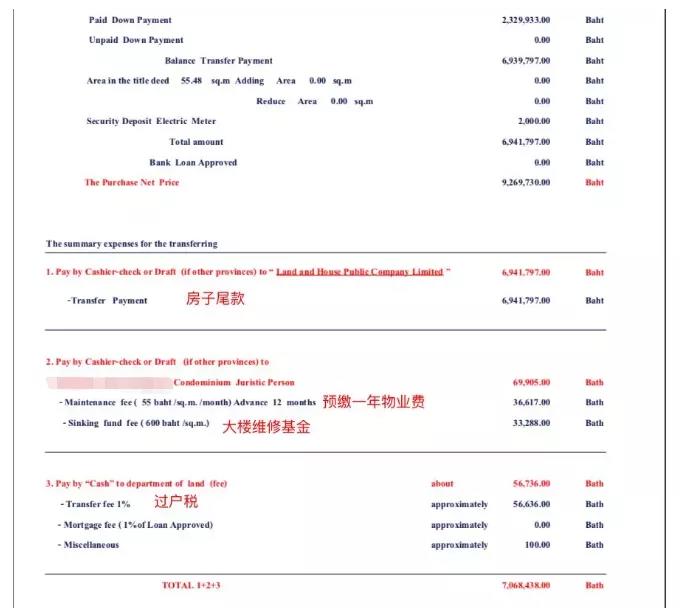
Costs involved in the holding phaseProperty costs:Depending on the project, the more common range of property fees is 40-90 baht/㎡/month. Although the property fee feels a bit expensive, it includes the free use of all facilities such as swimming pools, gyms, and parking lots.
Second-hand housing transaction costsTransfer fee:The same as the first-hand house, it is 2%. How the buyer and seller will bear it depends on the negotiation. After all, the wool is on the sheep, so it is actually the new owner.Transaction tax: 0.5% of total house priceSpecial business tax: 3.3% within 5 years, exempted for more than 5 yearsRename fee:Regarding the transfer fee before the transfer of the house, the developer will generally charge the name change fee as an administrative fee. The developer agrees in the contract. The more common one is about 10,000-100,000 baht per time.For those with self-occupation needs, they may be more concerned about water, electricity, broadband and other costs.Electricity fee:The electricity bill is provided with a separate meter, which can be paid after receiving the electricity company bill every month. You can go to a 7-11 convenience store or pay through the online banking mobile app (you can open a Thai account with a real estate certificate or a house purchase contract). 7-11 will charge a processing fee of 10 baht, and the App does not charge.Water fee:The water fee is paid at the property.Broadband:The monthly package with the mobile phone is about 500 baht, which is equivalent to more than 100 yuan, which is roughly the same as the domestic price.The payment strategy can see this:This part is more concerned about friends who fancy rent returns.First of all, during the leasing process,Property fees are generally borne by the landlord, while the cost of water, electricity, broadband, etc. is borne by the tenant,So here are other costs:Agency fee:If an intermediary (or property) is entrusted for long-term lease, the general service fee is about one month's rent per year.Short-term rental management fee:If you entrust hotel management and hotel management companies for management and operation, they generally charge a management fee of about 40% of the income. 40% is not absolute, but it is basically within this range.
Business tax:For those who need to rent through the company model, such as those who need to issue invoices, generally 10% of the rent will be charged









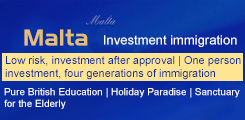

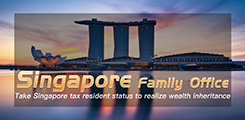


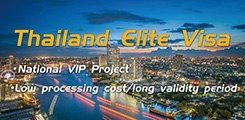

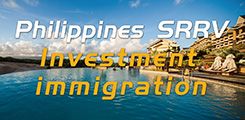

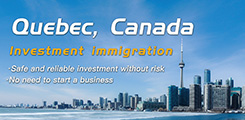










 Cyprus
Cyprus Turkey
Turkey Saint Kitts and Nevis
Saint Kitts and Nevis Greece
Greece
